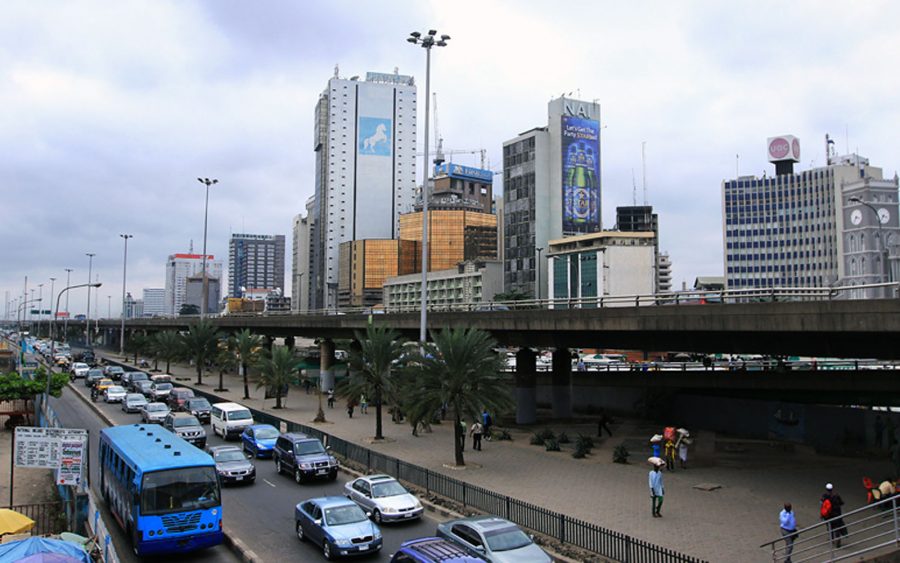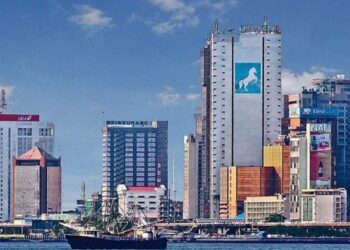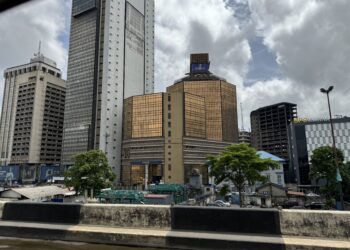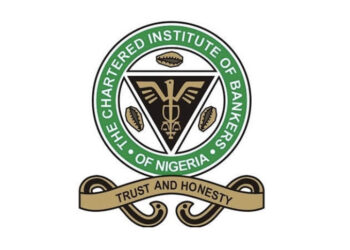In a video widely circulating on youtube, a former lawmaker Babatunde Ogala has accused banks of aiding corruption in the country.
He said,
“The institution in Nigeria today, in my opinion, that supports corruption are the banks. I was a member of the house of assembly. On the day after my election, before the inauguration, four banks offered me loans, N100 million each. I looked at my salary. My salary as a member of the house came to N700, and something (thousand). How was I going to pay that over the next four years? They didn’t ask me.”
READ: Nigerian banks issues disclaimer against Azimo Money Transfer
In addition to the loans in Naira, Ogala also stated he was offered a dollar credit card.
“One of the banks had given me a credit card with a credit line of over $20,000. No account with them. One of the banks had printed checkbooks for me. Just like that.”
READ: Total credit to the economy rose to N19.54trillion – CBN Governor
The urge to steal
In his view, loans like this, put pressure on lawmakers to steal, in a bid to pay back.
“So easy for a four-year tenure of a salary of N8.4 million a year, times four is about N32 million, I already had a credit facility of about N400 million to access. How was I expected to pay back? The banks are only telling me, take this money, find a way to steal and payback.”
READ: Distribution of loans under ACGSF declined by 31.62% in 2 years – NBS
He explains further why the banks, in his opinion, are the biggest industry for corruption in Nigeria.
“Why do I say this? Nobody, No political office holder, No civil servant, No public servant can actually dip his hands in the till, without the funds going through the banking system. They don’t store cash. It is about transfers. It is about authorisation. It is about the bank helping them to hide the funds.”
READ: FG to revive 3 power projects in Abia by first quarter 2021
The multiplier effect
While Ogala may be speaking from his experience while in the state house of assembly, chances are this may have been happening across other states in the country, as well as the National Legislature.
This may also be a driver behind the push by legislators to be appointed to juicy committees (committees that have oversight on revenue generating agencies).
READ: Lagos 2020 budget performance improved from 56% to 77% at the end of Q3






















